 Siobhan Johnston, Volunteering Development Officer with Kerry Volunteer Centre recently attended the ‘Equal Volunteering Opportunities for All’ Erasmus + seminar in Villanova, Barcelona. Here she tells Volunteer Ireland about her experience and what she learned.
Siobhan Johnston, Volunteering Development Officer with Kerry Volunteer Centre recently attended the ‘Equal Volunteering Opportunities for All’ Erasmus + seminar in Villanova, Barcelona. Here she tells Volunteer Ireland about her experience and what she learned.
I was delighted to be invited by Volunteer Ireland to attend this seminar. I represented Kerry Volunteer Centre amongst 16 other organisations including 15 nationalities. I gained new knowledge relating to intercultural exchange, policy and advocacy development and many insightful approaches to inclusive volunteering were explored. It was interesting to hear about the different volunteer movements, strategies and policies across Europe and to learn why these variances exist. For example, countries civil society, political history, volunteer and economic situations affect how volunteering is viewed from public perspectives and how supported they are within their governmental frameworks.
Conversely, it was surprising to discover Volunteer Management and Youth work are not recognised professions in some European Countries. However, the collective passion for Volunteering in each European society was evident. By learning and sharing with my volunteer contemporaries I realised that we all had one thing in common; our wish to make volunteering accessible for all and our belief in the intrinsic benefits of volunteering for communities, the individual and humanity at large. Volunteering being the pulse of democracy and the foundation which promotes neighbourliness within society.
The seminar mainly focussed on volunteer best practices for engagement with people that may be ignored in society including migrants, refugees and members of a cultural minority. Such individuals face the risk of social exclusion due to poverty, discrimination and the notion that increasing numbers of people are viewed as ‘newcomers’, ‘foreigners’, ‘different’ and ‘the other’, even if born in Europe.
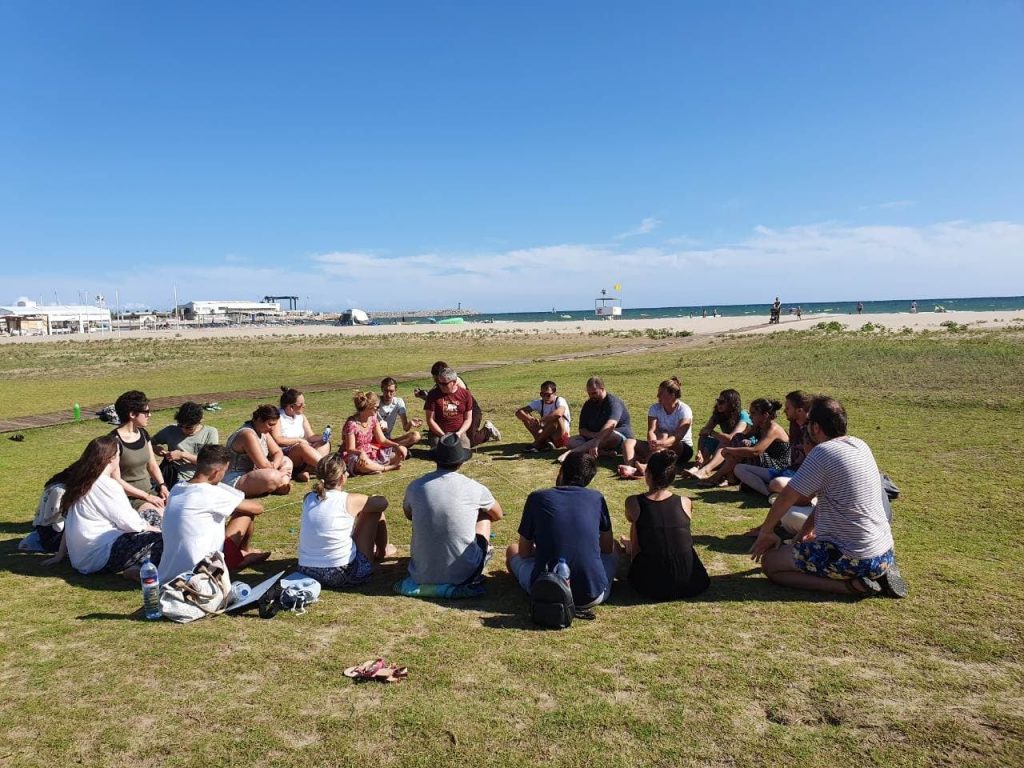
Insightful approaches to inclusive volunteering were discussed. Key points were:
- The power of civic engagement and that volunteering should be a democratic right as it enhances social mobility and active citizenship
- Learning new ways on how to diversify, increase and improve the support given to young people who are asylum seekers and refugees to become leaders of new projects and activities
- Developing relevant Volunteer Management competencies to become leaders of social integration
- Exploring what adjustments are needed to include such individuals in organisations/community groups
A collective opinion shared throughout the seminar was that volunteering can act as a tool for social cohesion. By bringing people together from different backgrounds and cultures it highlights that perhaps the ‘other’ is not to be feared or misunderstood. Volunteering plays a huge role in facilitating the reception and integration of asylum seekers and refugees into local communities and prevents xenophobic attitudes forming. Charities and volunteers help support this integration by providing language learning opportunities (Failte Isteach), ‘Information Givers’ help refugees navigate healthcare services, appointing ‘Diversity Officers’ in local sports clubs, coaching such individuals on their pathway to employment and by providing the opportunity to have direct contact with citizens (befrienders) and thereby better understand the local culture. Volunteering is also a reciprocal arrangement and people that support refugees gain exposure to new traditions and customs.
I love what I do as a profession but through this seminar, I now see the bigger picture. Our role as Volunteer Officers/Managers should never be understated. By encouraging the engagement of the most vulnerable within our society, we can help to challenge stereotypes and encourage inclusiveness, where people of all walks of life are treated with utmost respect and dignity. We can be leaders in our community by promoting diverse/integrative programmes that both supports and welcomes asylum seekers and refugees. Whereby, volunteering activities provide a platform of discovery, a sense of value and purpose and a feeling of positive contribution within their new homes.

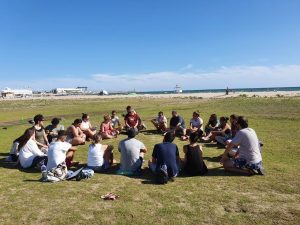

 Lawrence Carvalho is Director with An Oige – Irish Youth Hostel Association. He is also a voluntary trustee of the board of the An Oige- Irish Youth Hostel Association Dublin. He tells us what being part of a charity board is like.
Lawrence Carvalho is Director with An Oige – Irish Youth Hostel Association. He is also a voluntary trustee of the board of the An Oige- Irish Youth Hostel Association Dublin. He tells us what being part of a charity board is like.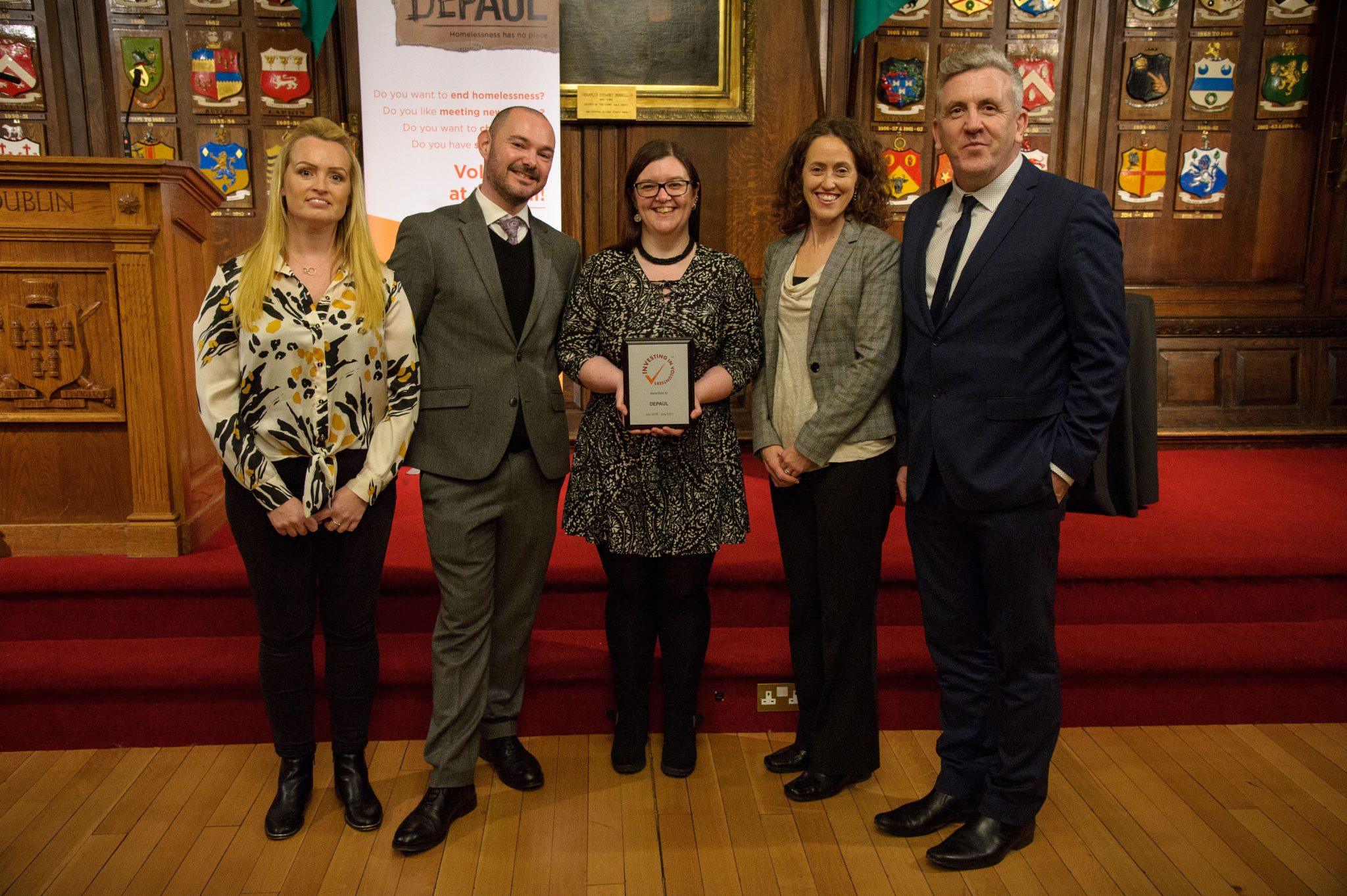
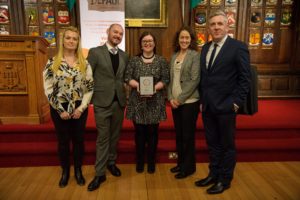
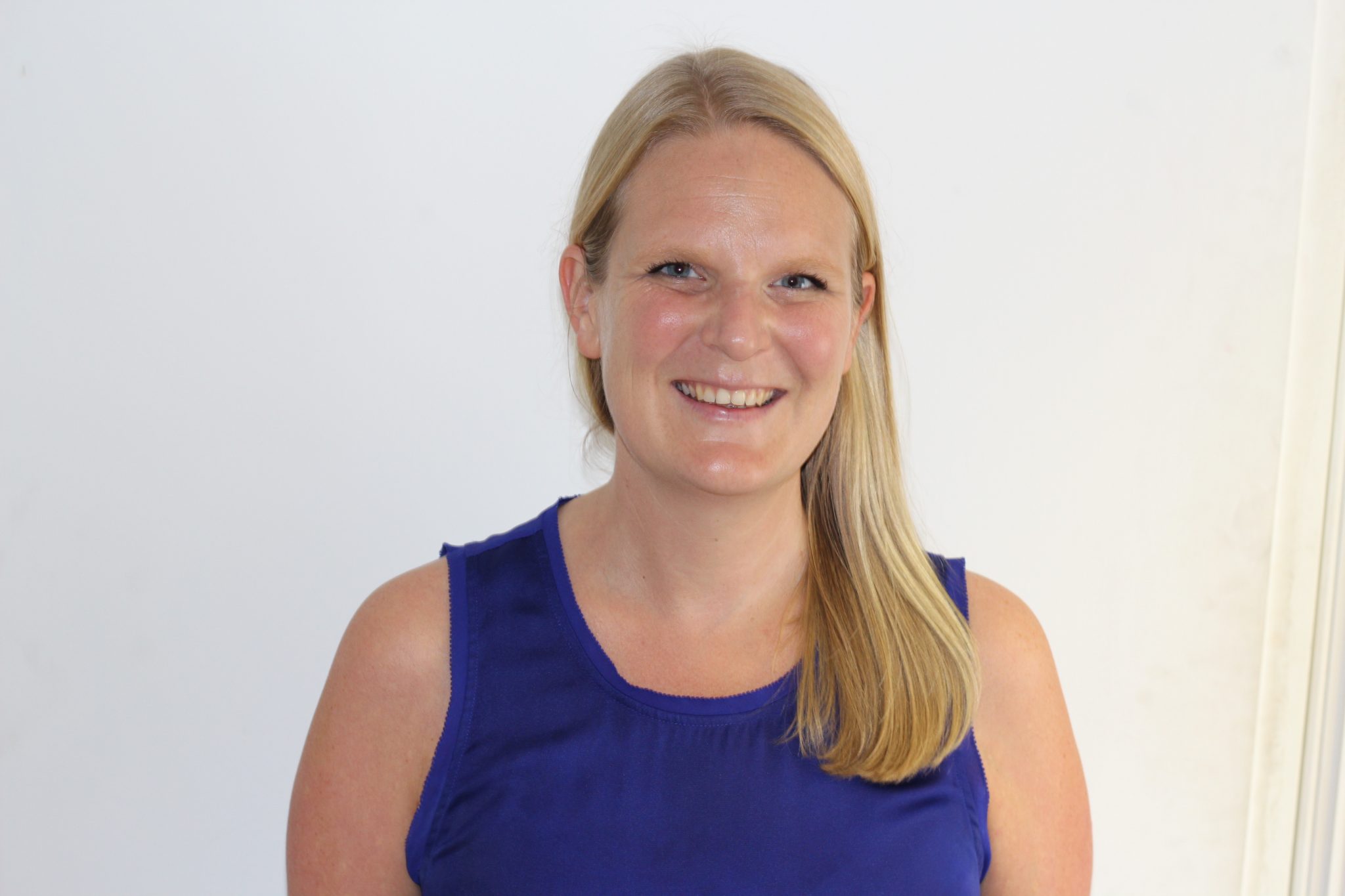
 Nina Arwitz, CEO of Volunteer Ireland and Chair of the Governance Code Working Group shares her thoughts on the satisfaction of shutting something down, the importance of governance and what the code achieved in the sector.
Nina Arwitz, CEO of Volunteer Ireland and Chair of the Governance Code Working Group shares her thoughts on the satisfaction of shutting something down, the importance of governance and what the code achieved in the sector.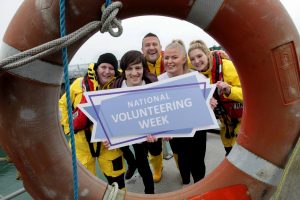
 This year we are delighted to partner once again with Healthy Ireland for National Volunteering Week. In this blog, Kate O’Flaherty, Head of Healthy Ireland tells us why she believes volunteering is such a valuable part of a healthy society.
This year we are delighted to partner once again with Healthy Ireland for National Volunteering Week. In this blog, Kate O’Flaherty, Head of Healthy Ireland tells us why she believes volunteering is such a valuable part of a healthy society.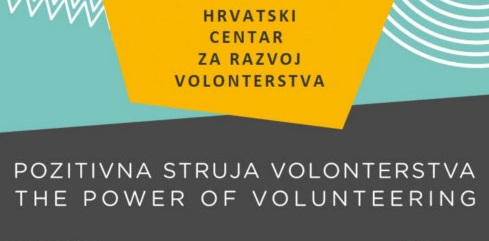
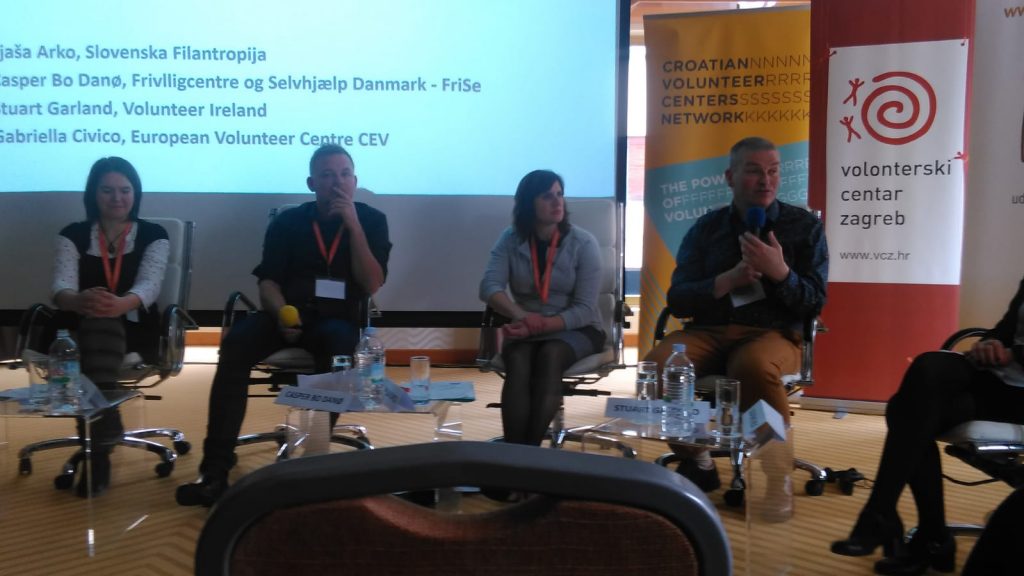
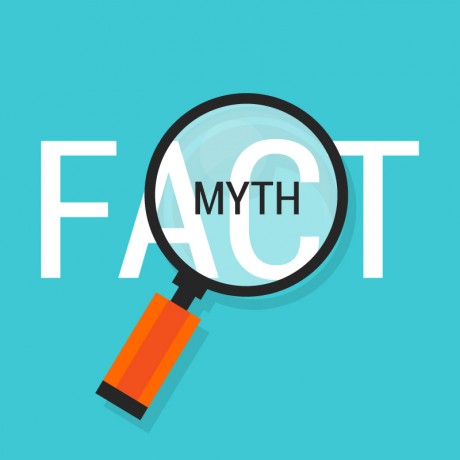
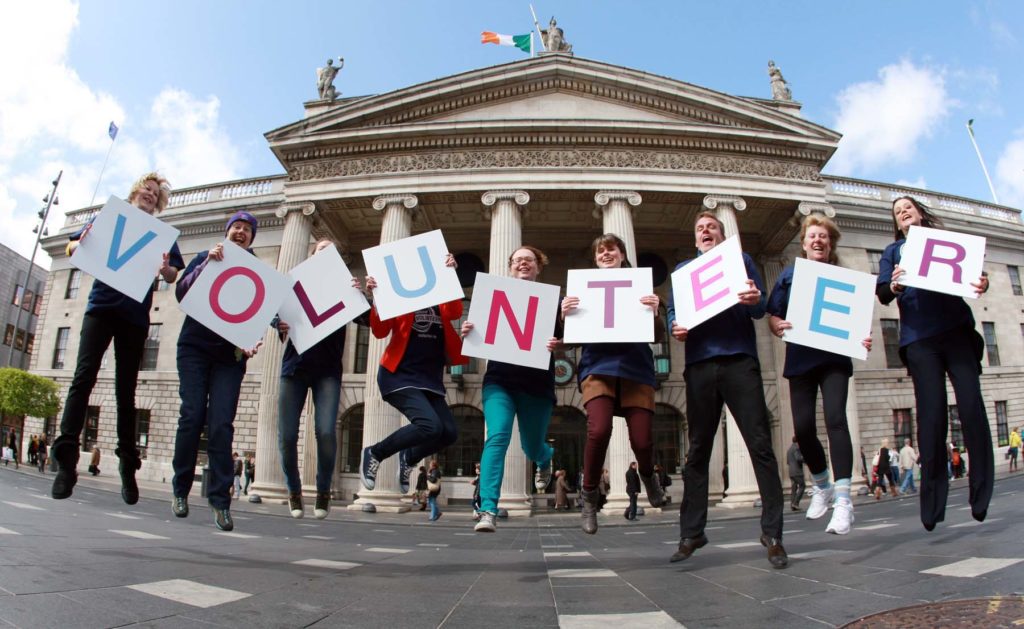
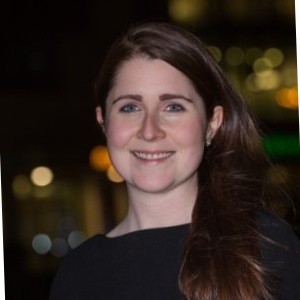
 Emma Kerins is Head of Policy and Public Affairs with Chambers Ireland. She is also a voluntary trustee of the board of the YMCA Dublin. She tells us what being part of a charity board is like.
Emma Kerins is Head of Policy and Public Affairs with Chambers Ireland. She is also a voluntary trustee of the board of the YMCA Dublin. She tells us what being part of a charity board is like.
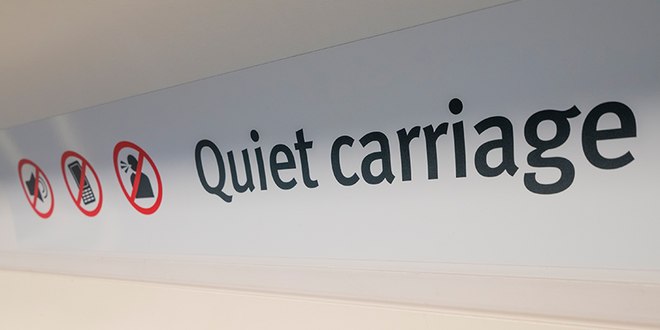
 Volunteer Ireland’s Training and Programmes Manager Stuart Garland shares his thoughts on talking, listening and learning from others as volunteering evolves globally.
Volunteer Ireland’s Training and Programmes Manager Stuart Garland shares his thoughts on talking, listening and learning from others as volunteering evolves globally.